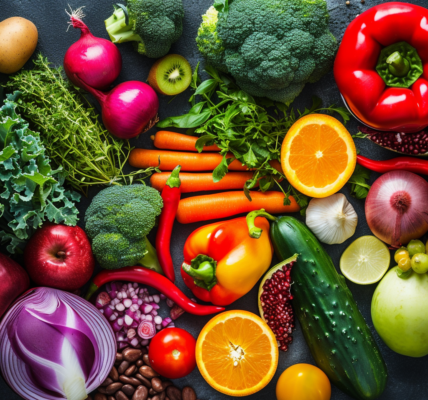Suffering from burnout? Here’s what you should – and shouldn’t – be eating
Feeling exhausted, hating your job, or feeling inefficient? You might be experiencing burnout – and you’re far from the only one. More than a third of Brits are on the edge of burnout, while a fifth needed to take time off work last year due to the mental health effects of work pressure. But burnout is not only bad for your mind, it also impacts the body.
Ola Molade, a nutritionist and transformational coach, says: ‘Prolonged stress triggers a ‘fight or flight response’ which releases stress hormones like cortisol and adrenaline from our adrenal glands, impacting on our body and causing burnout symptoms.’ More recently, scientists have discovered that stress is related to our gut through the gut-brain axis, a two-way relationship between the nerves in our digestive system and the brain. This means it isn’t just stress that impacts your body, what you put into your body can affect your stress levels.
Adaptogens have soared in popularity in recent years, and these plant-based substances could have a role in managing chronic stress. A true adaptogen like ginseng stimulates a self-protective effect on cells which reduces stress, fatigue, and improves cognition. Free radicals damage our DNA and cells during times of stress, and antioxidants like in goji berries and turmeric protect our body from this damage. However, it’s important to note that adaptogens are not a cure-all or substitute. Take them in small doses each day for up to 12 weeks to help cope with intense periods in life, but be sure not to overlook other important things.
Vitamin C, known to help the body’s defense system, is a key ingredient during burnout recovery, according to experts. However, it cannot be stored in the body, so you need to ensure a regular intake. Vitamin C plays an important role in energy release within the body, and without it, we can’t use our fat stores for energy efficiently.





